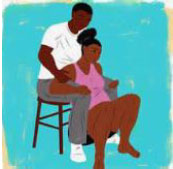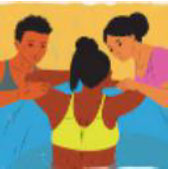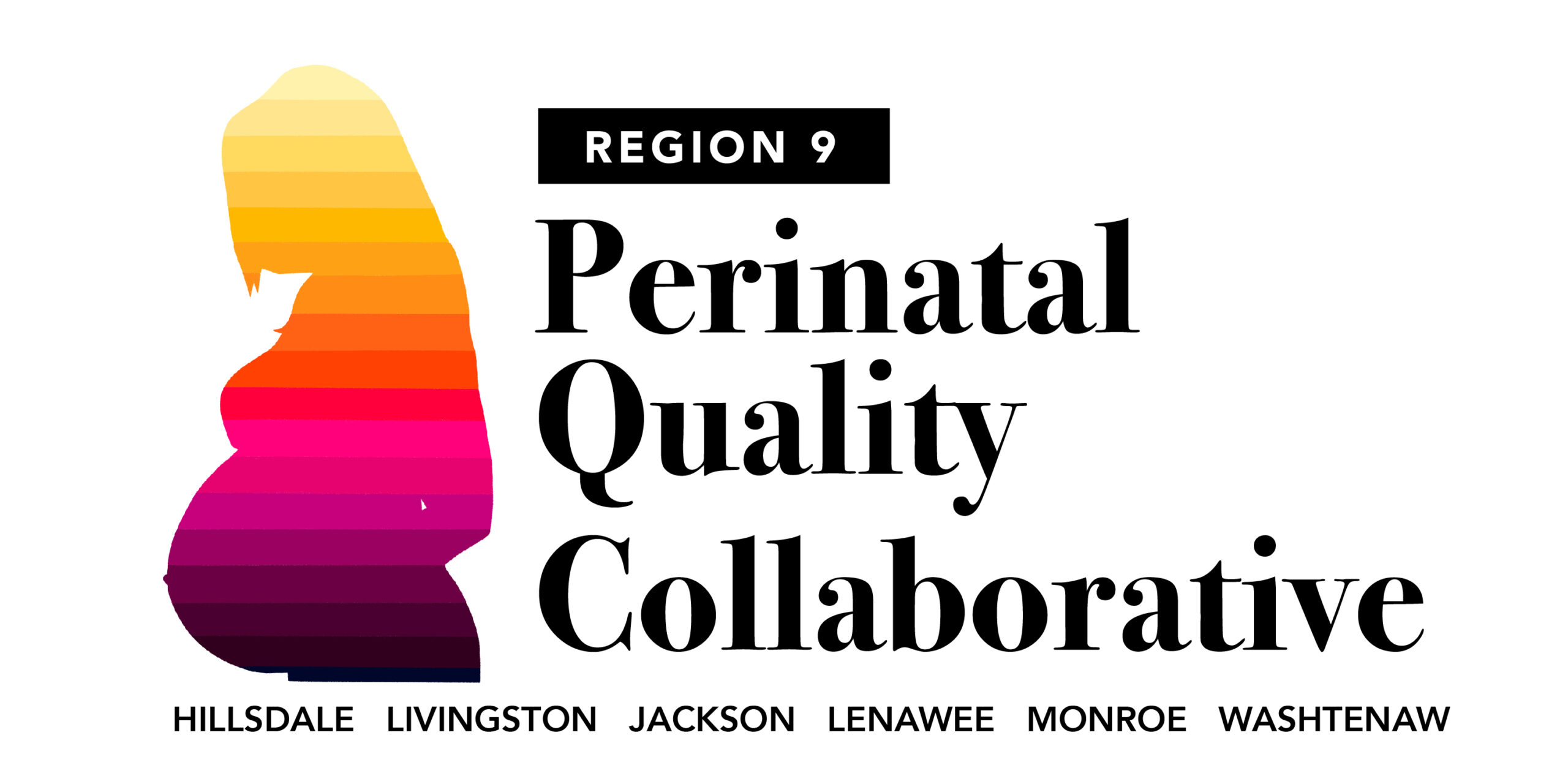
Sensitive Birth Plan
Birth plans outline what you want your labor and delivery experience to look like. We encourage you to browse these resources to review some ideas or considerations for your personal birth plan. These resources should only serve as a starting point, and we recommend working with your doula/midwife/obstetrician and any other provider involved in your pregnancy care to put this plan into action

Doula Care
Doulas are trained professionals who provide emotional support and comfort throughout pregnancy, labor, and delivery. We encourage you to browse the Mom+ Centric Care section of our website for more information on the benefits of doula care and how to find a doula near you.

Maternal Infant Health Program
The Maternal Infant Health Program (MIHP) is the state of Michigan’s home visiting network for Medicaid-eligible parents and infants. Nurses, social workers, lactation consultants, and other professionals work with families to create a personalized care plan. MIHP can also connect parents to other local resources such as mental healthcare services and infant health specialists.

Parenting Programs
Mom Power: Mom Power is a 10-week, 13-session parenting education program focused on promoting maternal and child mental health and well-being. The Mom Power program features a social support component in which participants can attend shared mealtimes and bring guests to their sessions, as well as access a one-on-one childcare program while they learn.
Fraternity of Fathers: Fraternity of Fathers is a 13-session program for fathers of children under the age of six. Featuring 10 group sessions with other fathers in the community and three individual ones, this program focuses on paternal involvement in a child’s development and forming connections with other fathers.

Survivor Moms Companion
The Survivor Mom’s Companion is an educational program for pregnant people with a history of trauma. The program features a workbook completed independently and reviewed with a trained tutor to help manage the effects of trauma during pregnancy, labor and delivery, and the postpartum period. If you are interested in learning more about this program, visit this website to schedule a 15-minute intake call with a Survivor Mom’s Companion representative. Also, Great Lakes Perinatal has a Survivor Mom’s Companion resources.

Therapy
Various forms of therapy, including cognitive behavioral therapy (CBT) and eye movement desensitization reprocessing (EMDR), can help manage the symptoms of posttraumatic stress. We encourage you to browse these resources to find out more about therapy options, but ultimately to speak with your provider about what would work best for you.

Medication
Selective serotonin reuptake inhibitors (SSRIs) can help manage the symptoms of posttraumatic stress. We encourage you to talk to your provider about whether medication would be right for you.

Community Services
Domestic Harmony: Domestic Harmony is a crisis shelter and support center in Hillsdale County for victims of abuse or assault. They offer emergency shelter, counseling, and legal and children’s advocacy services, as well as a 24/7 helpline.
AWARE: AWARE is a crisis shelter and support center in Jackson County for victims of abuse or assault. AWARE also has a Sexual Assault Response Team, provides short-term counseling immediately following a traumatic event, and offers survivor advocacy services as well as a 24/7 helpline.
La Casa: La Casa is a crisis shelter and support center in Livingston County for victims of abuse or assault. La Casa also has a 24/7 helpline and an on-call response team for survivors, as well as offers various counseling and legal advocacy services.
Catherine Cobb Safe House: Catherine Cobb Safe House is a crisis shelter and support center in Lenawee County for victims of abuse or assault. Catherine Cobb also offers individual and group therapy, legal advocacy, a face-to-face emergency response team, and a 24/7 helpline.
Women’s Resources: Women’s Resources is a crisis shelter and support center for victims of abuse or assault. They also offer individual and group counseling, legal and medical advocacy services, and a 24/7 hotline.
Safe House Center: Safe House Center is a crisis shelter and support center in Washtenaw County for victims of abuse or assault. Safe House also has 24-hour domestic violence and sexual assault response teams, counseling and crisis support for victims, legal advocacy services, and support groups as well as a 24/7 helpline.
Child Abuse Prevention and Awareness (CAPA): CAPA is an organization based in Hillsdale County offering parent and caregiver education programs and resources. CAPA offers educational programs focused on infant safe sleep, preventing child abuse, and building healthy family relationships. They also offer resource pamphlets on childcare and facilitate discussions for parents and caregivers in the community.
Washtenaw Area Council For Children: The Washtenaw Area Council For Children is an organization serving Washtenaw County and focuses on preventing child abuse and neglect. They offer education classes for parents, caregivers, and childcare professionals and classes for children on wellness and safety.
Hillsdale County Child Advocacy Center: CACs provide free support to children when physical or sexual abuse is reported. Services include resource information, therapy, forensic interviews, and more.
Child Advocacy Network of Monroe County: CAN of Monroe County provides information and support to stop child abuse and neglect. They hold monthly meetings where anyone is welcome to share their concerns or get involved.
Accessing Mental Health Services in Washtenaw County in Languages other than English: Explore this list of mental health resources to find care in your preferred language.
